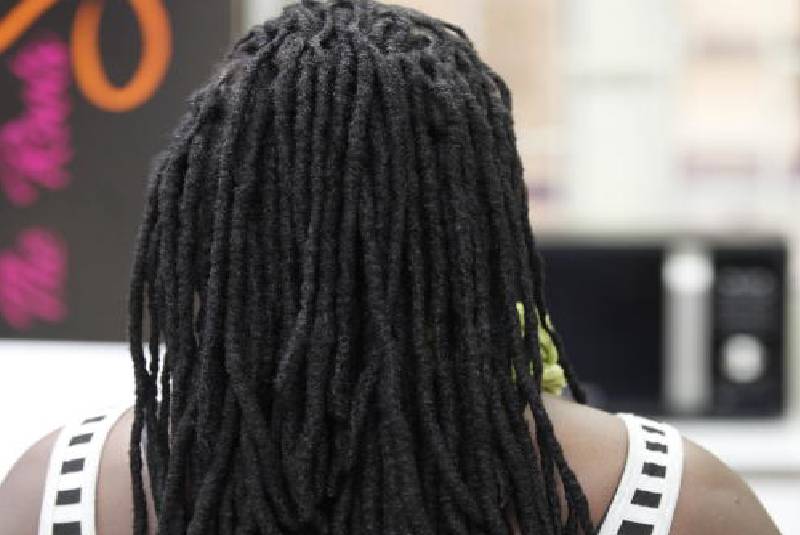×
The Standard e-Paper
Kenya’s Boldest Voice

In defending why girls were allowed to keep dreadlocks, the school said a boy with dreadlocks will attract more attention than a girl. [Photo, Standard]
An ongoing case in which parents have sued a school that rejected their daughter because she has dreadlocks has sparked debate on the place of fashion and dressing code in schools.